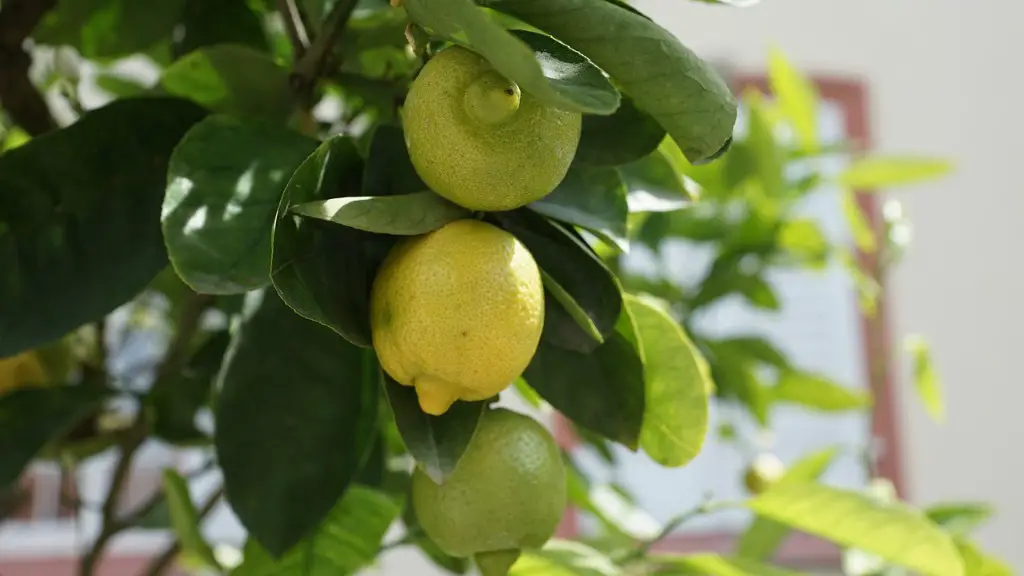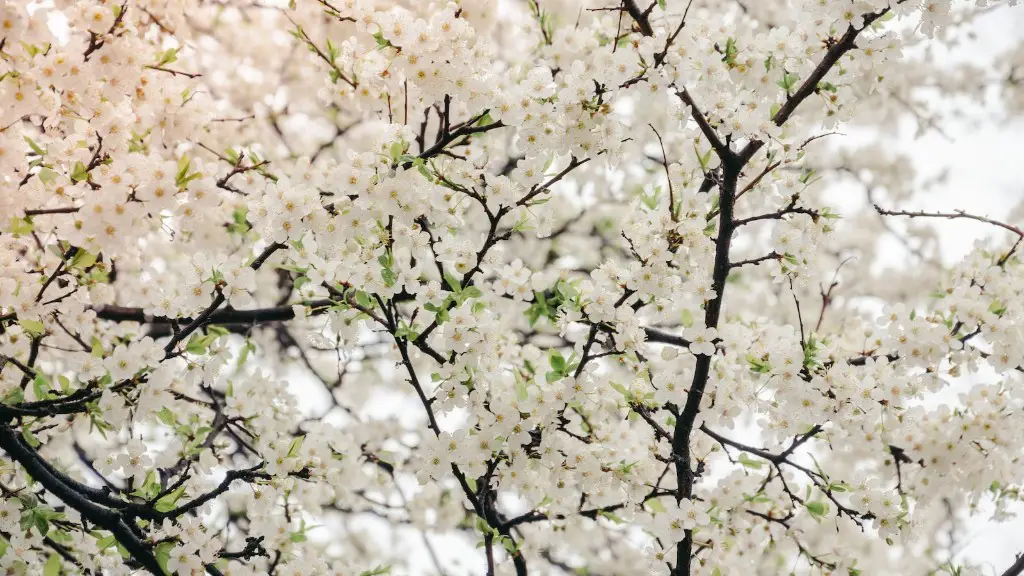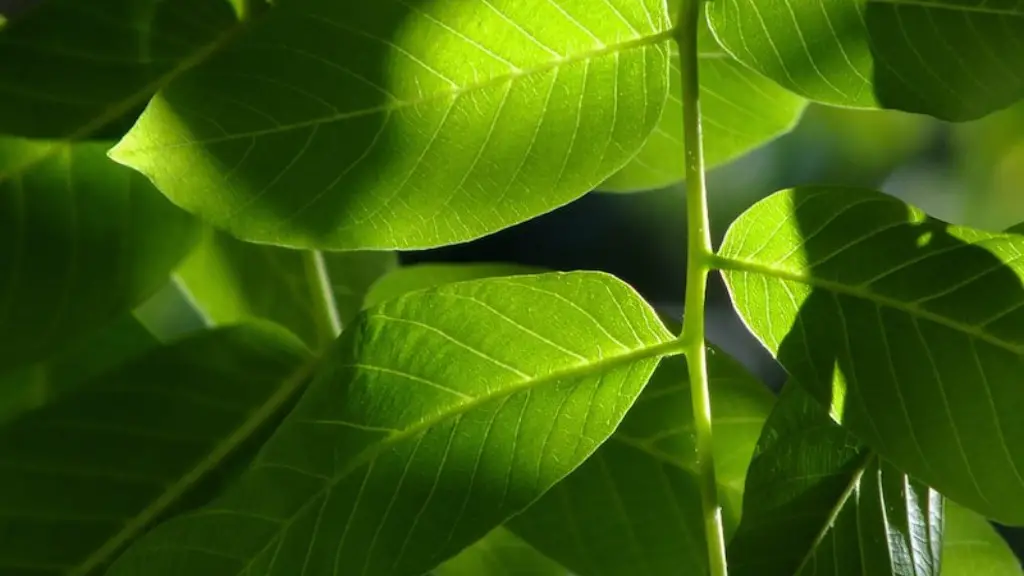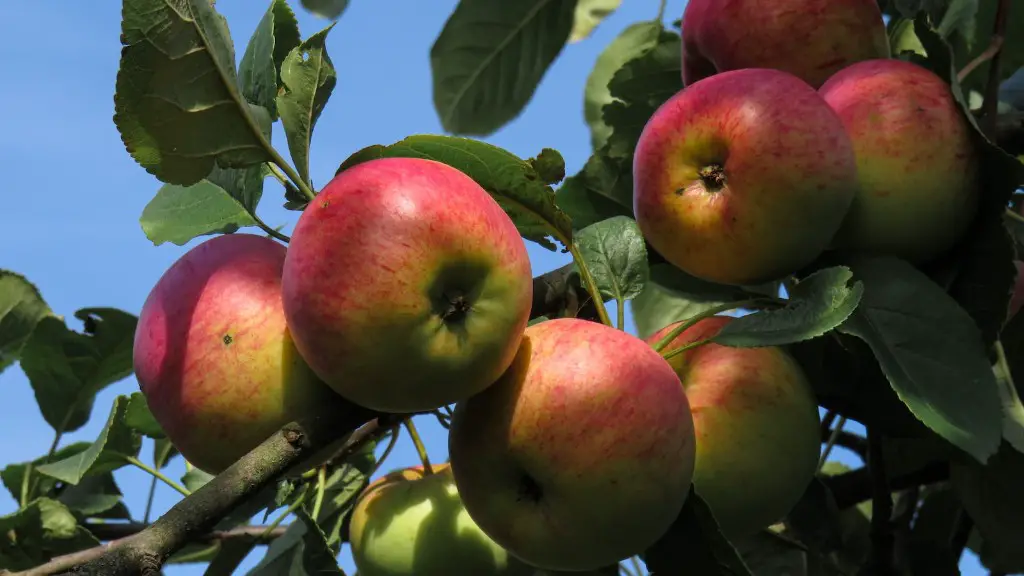Lemon trees are a type of citrus tree that produces the popular citrus fruit, lemon. The trees are usually grown in warm climates and can be found in many different countries around the world. If you’re looking to add a lemon tree to your home, there are a few things to consider. First, make sure you have enough space for the tree to grow. Lemon trees can reach up to 20 feet tall, so you’ll need to provide enough room for the roots and the tree itself. Second, lemon trees need full sunlight to produce lemons, so make sure to place the tree in a sunny spot. Lastly, lemon trees need well-drained soil to thrive, so be sure to plant the tree in an area that won’t be prone to flooding. With a little care, you can enjoy fresh lemons right from your very own lemon tree.
You can purchase a lemon tree from a nursery or garden center.
When should I buy and plant a lemon tree?
It’s best to plant your lemon tree during the spring to avoid any harsh winter or summer temperatures. This also depends on what growing zone you’re located in so check and make sure that the ground isn’t frozen and you are past the risk of frost.
Lemon trees are self-pollinating, which means they don’t need pollen from another lemon tree in order to bear fruit. However, they will benefit from occasional pollination and pruning.
How long does it take for a lemon tree to bear fruit
A lemon tree will bear fruit at around age 3 and can produce up to 40 lbs of fruit in a year. The tree will continue to produce more fruit each year until it reaches full maturity at around 5 or 6 years old.
There are different lemon tree varieties that you can grow indoors. Meyer lemons are very popular. But you can also try to grow the exotic Buddha’s Hand lemon trees – which look like a creepy yellow hand.
Can lemon trees grow in pots?
Potted lemon trees are a great way to enjoy fresh lemons all year round, even in cooler weather. They are self-pollinating, so only one tree is needed to produce fruit. Be sure to provide plenty of sunlight and water to keep your tree healthy and productive.
The dwarf eureka lemon tree is a good choice for a smaller tree that would not require a lot of space and can be taken indoors. The dwarf eureka lemon tree’s size is just 10 to 15 feet when planted directly in the ground. However, they tend to be just around 3 to 5 feet when planted in a pot.
Are lemon trees toxic to dogs?
Lemons and lemon trees can be toxic to dogs if ingested in large quantities. Citric acid, which is present in both the lemon itself and the leaves and stems of the tree, can cause gastrointestinal upset and central nervous system depression. If your dog ingests a large amount of lemon, it is best to seek veterinary care immediately.
The winter season has been tough on citrus plants. It is important to understand how cold temperatures affect citrus trees. Among the citrus types most easily killed or damaged by freezing weather are citrons, lemons and limes. Temperatures in the high 20s will kill or severely damage these plants.
Can I grow a lemon tree from a store bought lemon
Lemons from the grocery store can inexpensively provide seeds to grow lemon trees. Depending on the cultivar, freshness of the seed and growing conditions, fruit production from seed-grown lemon trees can take from five to 15 years. Growing lemon trees from seed is a lengthy process, but it can be rewarding to see your tree produce lemons.
Lemon trees are a great addition to any kitchen garden, but they need to be grown in an area with mild winters in order to thrive. Hardiness zones 9-11 are ideal for lemon trees, as they can be killed or damaged by temperatures dipping into the 20s. If you can’t grow lemon trees in your backyard, try growing them in pots instead.
How big is a 2 year old lemon tree?
Assuming you would like care tips for a Meyer lemon tree:
– water regularly, letting the soil dry out between waterings
– provide full sun for best results
– feed every few months with a citrus fertilizer
– avoid temperature extremes
Most citrus trees will eventually grow to be about 6 feet tall, even with dwarf varieties and regular pruning. Your tree may seem small when you buy it, but it will likely grow to be a fair size eventually.
Do lemon trees grow better in pots or ground
One issue with lemon trees in containers is that they are more vulnerable to the cold and drought. While a lemon tree in the ground can take mild frost and cold, a lemon tree in a container cannot. A lemon tree in a container has a hardiness zone that is one zone higher than the USDA recommended zone.
Most lemon tree growers need to water their potted plant once every 3-7 days. Beware that the frequency with which you need to water your lemon tree may change over time. Factors such as plant size, temperature, and humidity can affect the frequency with which you need to water. Check your lemon tree regularly and water it when the soil feels dry to the touch.
How long do potted lemon trees live?
Lemon trees typically have a life span of over 50 years. However, with proper care and disease prevention, a lemon tree can live well over 100 years. Diseases can significantly shorten the life of a lemon tree, but if the tree is well cared for, it will be much stronger and healthier, and thus less susceptible to diseases.
Lemon trees are a popular choice for growing in pots, as they are relatively easy to care for and maintain. Lemons are a citrus fruit, and as such, require a fairly warm climate in order to thrive. This means that if you live in an area with colder winters, it is best to grow your lemon tree in a pot so that you can easily bring it inside when the temperatures start to drop. Lemon trees need plenty of sunlight and water to produce healthy fruit, so be sure to give your tree the care it needs in order to produce a bountiful crop.
What are three common problems that lemon trees can have
Lemon trees are susceptible to a number of problems, including citrus canker, sooty mold, botrytis blight, anthracnose, and lemon scab. Lesions on leaves are the first sign of citrus canker, and these can eventually lead to black moldy spots. Sooty mold is often caused by aphids, and can be controlled with insecticidal soap. Fuzzy gray mold and brown spots are indicative of botrytis blight, which can be controlled with fungicidal sprays. Anthracnose is characterized by tan spots with dark outlines, and can be treated with copper fungicide. Brown scabs on the lemon tree are caused by the lemon scab fungus, and can be treated with fungicidal sprays or by removing affected leaves.
A lemon tree needs a lot of sunlight in order to produce fruit, so a south-facing window is the optimal place for it. If you don’t have enough light, you can supplement with a grow light.
Final Words
There are many places where you can purchase a lemon tree. Some common places include garden centers, home improvement stores, and online retailers.
The best place to get a lemon tree is from a nursery or a gardening center. You can also find them at some grocery stores, but the selection is usually limited.




